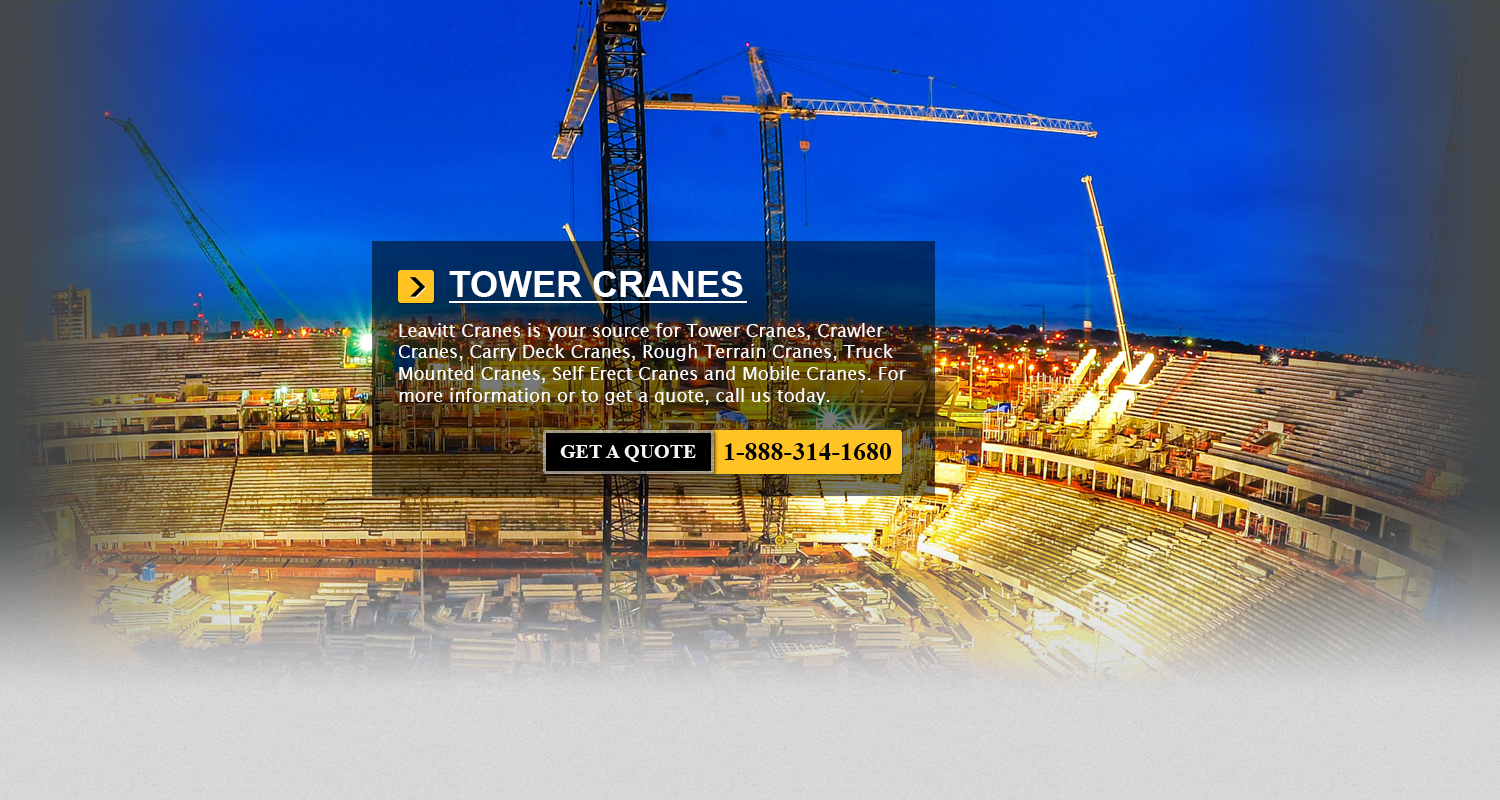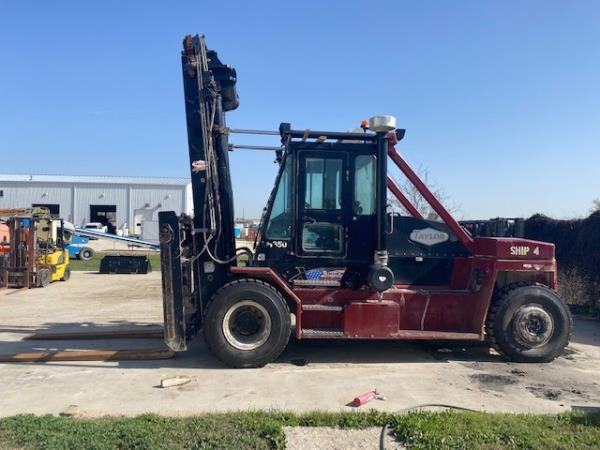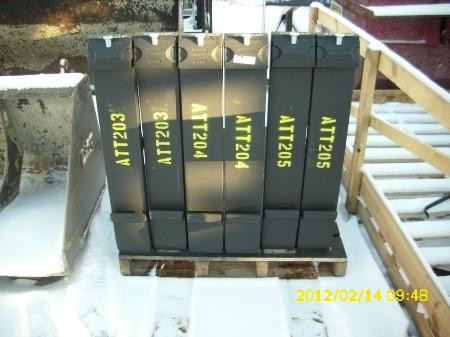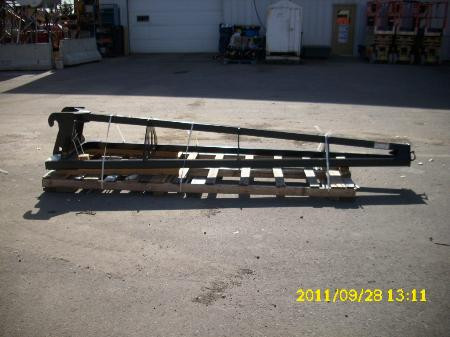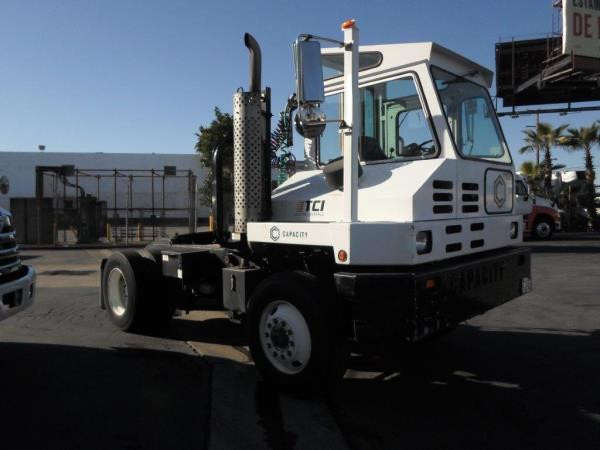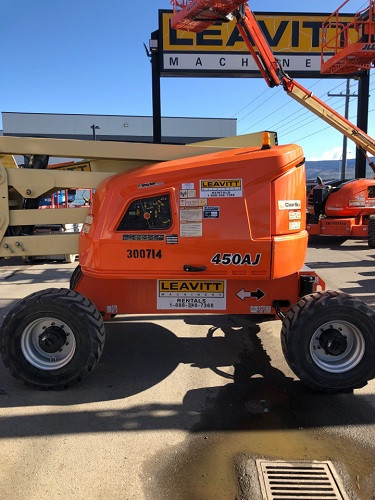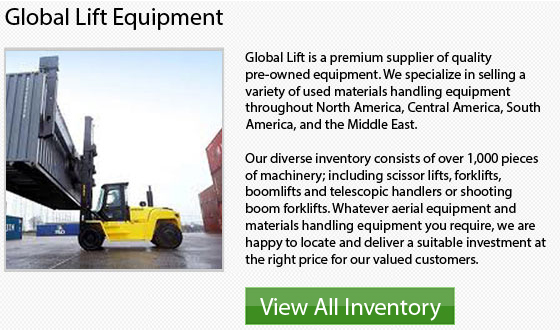
Taylor Propane Forklifts Dallas
For most of indoor applications, a forklift is operated with the use of cushioned tires which mean they are made out of solid rubber tires. The pneumatic type of tires is the perfect alternative for outdoor operations. Pneumatic tires are common for heavy cargo and can be used on dirt roads and on asphalt surfaces.
For the most part, propane powered machinery is trusted to be safe. Propane has the reputation for being a clean burning fuel source. If the machine or engine is not maintained or tuned up properly, then the propane powered engine can produce CO or carbon monoxide, along with other caustic oxides of nitrogen. Any internal engine which is not in optional working form can have a similar situation occur. These produced gases could be very noxious in improperly ventilated or confined spaces.
Compared to diesel and gasoline powered forklifts, propane models produce less harmful gases. Propane has a simple chemical structure. As it is a gas, propane burns at a low temperature and mixes well with air, as opposed to gasoline or diesel. Corrosive oxides of nitrogen created during propane combustion in the engine are a lot less than those produced by a diesel or gas engine. Therefore, the engine of a propane lift truck typically lasts a lot longer than a diesel or gasoline powered forklift model.
Internal combustion engines work by sucking in air from the surrounding area. This air reacts with the fuel causing it to burn. A 60 horse-power forklift needs to breath in 5000 cubic feet of air per minute to be able to operate. Prior to operation, it is better to switch on a propane forklift outside and allow it warm up for a bit. This is due to the carbon monoxide emissions as they read higher from a cold propane-powered engine or equipment and become less intoxicating once the machinery has had a chance to warm up.
It is vital to note that electric or battery powered lift trucks can not be utilized outdoors in the rain for fear of damaging the battery if they get wet. A hazardous situation could happen as an electric forklift can short out because of rainwater getting in.
Propane forklifts on the other hand work well in the rain. The propane is stored in sealed tanks which are placed on the rear of the forklift. This means there is no possibility of a rainstorm interrupting the work of an operator. Propane lift trucks are really versatile and can be used both outdoors and indoors. Gasoline and diesel powered lift trucks could accidentally suffocate you with harmful gases if they are utilized inside. A properly tuned up and well maintained lift truck is truly a great way to effectively and safely handle your loads.
- Terex Empty Container Handlers Dallas
Some of the key features of the Fantuzzi empty container handlers are low running costs and exceptional productivity. During the year 1974, Fantuzzi made their very first empty handling truck. Since their emergence on the... More - JLG Straight Boom Lifts Dallas
JLG provides the 600 Series of articulating booms. These units feature a narrow chassis option to access confined areas. The 600 Series showcases the best work envelope within the industry; a horizontal outreach of 12.12... More - Komatsu Dual Fuel Forklifts Dallas
Dual Fuel Engine The Dual Fuel engine is a type of engine which uses a mixture of diesel fuel and gas fuel or can operate off of diesel by its self. The dual fuel engine... More - Haulotte Straight Boom Lifts Dallas
Telehandlers are heavy duty work machines produced specifically to operate in rough environment. This however, does not mean they can be driven without regard on rough terrain. These kinds of machinery have a much bigger... More - Doosan Diesel Forklifts Dallas
Forklift Engines Forklifts are classified as small-engine vehicles. Forklift engines all follow the principles of internal combustion, while the numerous makes and models of lift truck would have a different layout and design. Forklifts are... More
